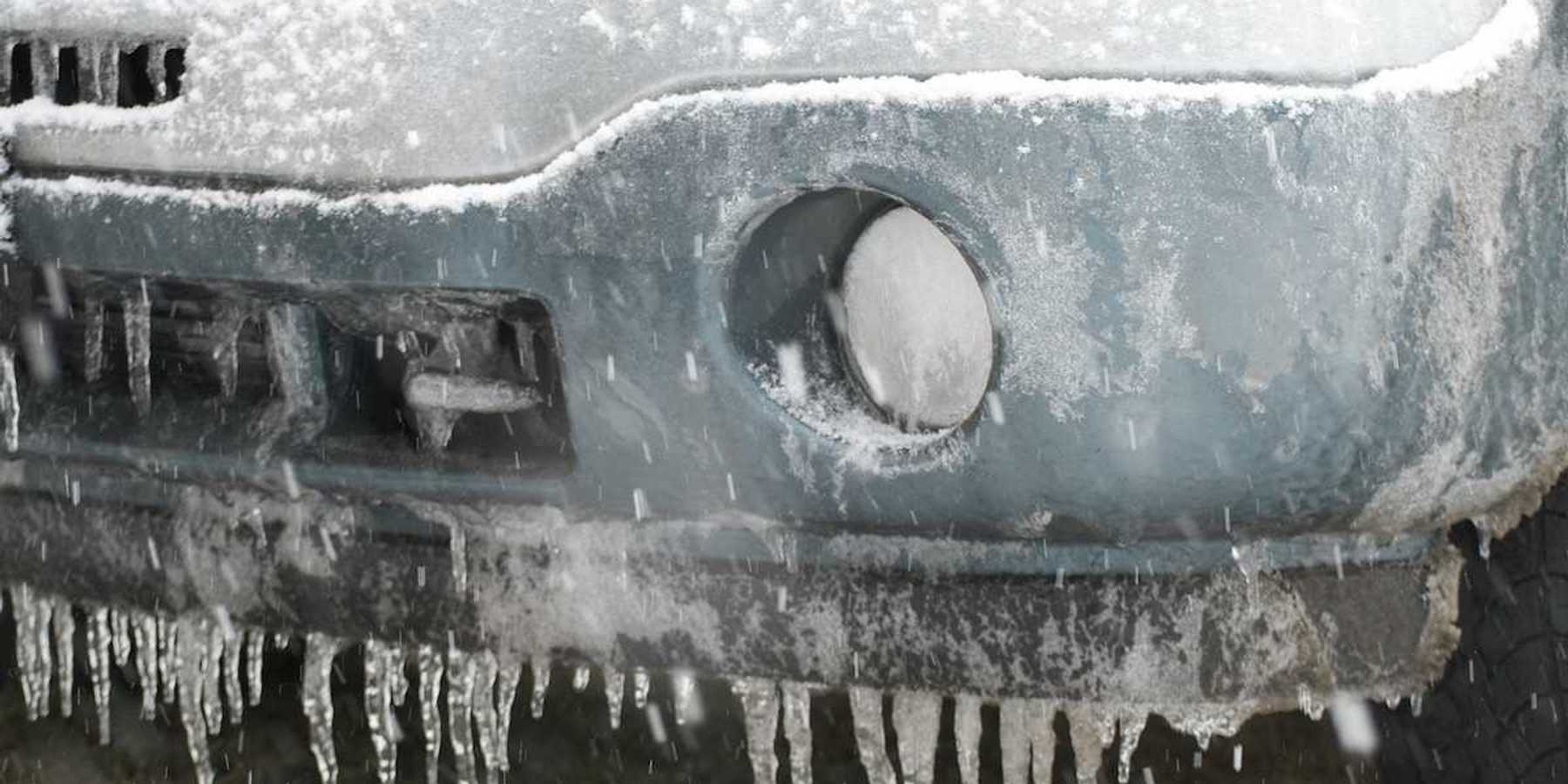Peter Dykstra: Biden’s burden
After a late year setback, President Biden faces an uphill battle heading into the 2022 midterms.
President Biden’s first year ends with a lump of coal in his stocking, courtesy of the Senior Senator from West Virginia, Joe Manchin.
A lifelong Democrat, Manchin may have made himself a lifelong pariah in his own party by waylaying the centerpiece of Biden’s domestic policy, a trillion-dollar-plus “Build Back Better.”
But is there any hope it will get better in the New Year?
Four political factors loom in 2022
Okay, let’s not BS each other. Like most Americans, I don’t have a high regard for either party. But their differences are huge on the environment—which, if you’ll pardon the cheap punditry, will make November 2, 2022, a huge day for environmental values, policies, and practices.
With the convergence of four factors, the Republicans are poised to capture both the House and Senate in November.
1. Voters’ behavior
With few exceptions, the opposition party routinely gains seats in midterms. Often, control of the Speaker’s gavel does, too: Newt Gingrich and the GOP in 1994; Nancy Pelosi in 2007 and again in 2017; John Boehner in 2010. Biden’s approval numbers are low, and the Democrats’ margin is only nine seats. In the Senate, there actually is no margin at all.
2. Democrats’ flight
Twenty-three House Democrats—an unusually large number in a body where incumbents often assume their own reelection—are leaving. Several would have been reelection underdogs if they ran again.
3. Gerrymandering
Every 10 years, the new census numbers prompt state-level shifts in Congressional district boundaries. The Republicans control more legislatures, and truth be told, they’ve traditionally been better (or more ruthless) about drawing more districts to favor themselves.
4. Voting rights
Some of those Democratic legislatures have altered laws and policies designed to make voting easier—extended hours, weekend advanced voting hours, mail-in and absentee voting and more—on the theory that more convenient election rules also favor poor, elderly and minority voters who, in turn, tend to favor Democrats.
Meanwhile, many Republican-controlled legislatures are working overtime to enact voting restrictions.
So a 2022 turn in Congress would hurt any continued environmental reform by Biden. Without a turnabout in his fading popularity, the Dems would have the options of offering a nearly 82-year-old guy or an untested woman or man to face Trump or an equally untested candidate.
But one more thing about the President: Climate change is distinctly more personal thing for him.
His home state, Delaware, is the lowest-lying of the 50. The Bidens own a home in Rehoboth Beach, a few blocks from an increasingly menacing ocean. The main entrance to the newly-renamed Joseph R. Biden Station on his beloved Amtrak is about six feet above sea level (for now), according to the ever-approximately accurate Google Earth. The state’s highest point above sea level is a hill so modest it doesn’t even have its own name. In worst-case sea level rise, Delaware could see a proportionally bigger loss than any other state.
So here comes 2022. After a miserable 2020 and a disappointing 2021, we shall see. Cheers!
Peter Dykstra is our weekend editor and columnist and can be reached at pdykstra@ehn.org or @pdykstra.
His views do not necessarily represent those of Environmental Health News, The Daily Climate, or publisher Environmental Health Sciences.
Banner photo: President Joe Biden













